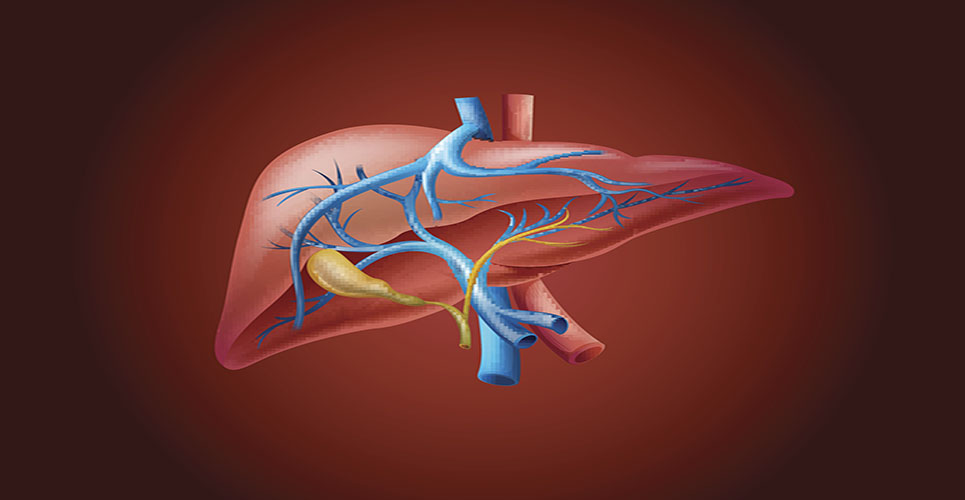teaser
Ahead of the second annual World Hepatitis Day, the World Hepatitis Alliance today called on governments not to forget the plight of 500 million people living with hepatitis B and C, as the World Health Assembly postpones discussion of a World Health Organization (WHO) resolution on viral hepatitis – one of the biggest threats to global health.
The 62nd World Health Assembly, starting in Geneva on 18 May, has been shortened in response to the global efforts required to tackle H1N1 influenza. As a result, a scheduled resolution on viral hepatitis, submitted by Brazil and entitled “Proposal for the establishment of a World Day for the Struggle against Viral Hepatitis and other issues relating to the disease”, which calls for action to improve hepatitis awareness, diagnosis, prevention, treatment and support, will now not be discussed until 2010 at the earliest.
Charles Gore, president of the World Hepatitis Alliance, explained that the hepatitis community recognised the need for a concerted effort to tackle H1N1 influenza, but stressed that global health leaders can no longer afford to ignore hepatitis B and C. “Viral hepatitis has never been properly addressed at a global level and the consequences have been disastrous,” commented Mr Gore.
“Despite this disappointing postponement, we look forward to working with both the WHO Executive Board and governments around the world to ensure that a resolution is passed in 2010 and that a comprehensive, coordinated approach is adopted before another million people die.”
Chronic viral hepatitis B and C affects one in 12 people globally and approximately one person dies every 30 seconds, meaning that one million people will die before the World Health Assembly next meets in 2010.
Since the hepatitis B and C viruses were first discovered in 1967 and 1988 respectively, there has not been a single WHO resolution that fully addresses the challenges of the global epidemic.
19 May marks the second World Hepatitis Day, and over 200 patient groups from more than 50 countries have been recognising the day by asking the question “Am I Number 12?” – an awareness-raising campaign aimed at highlighting the shocking statistic that one in 12 people worldwide are living with either chronic hepatitis B or chronic hepatitis C. While this is far higher than the prevalence of HIV or any cancer, awareness is inexplicably low and the majority of those infected are unaware.

